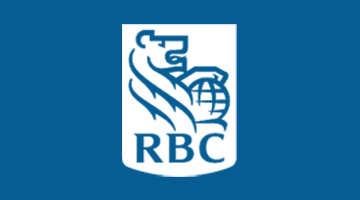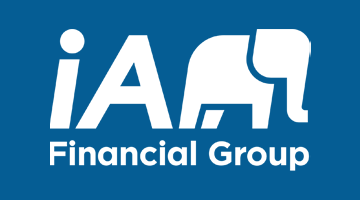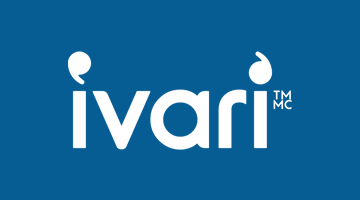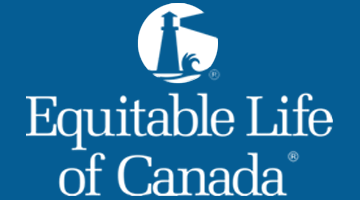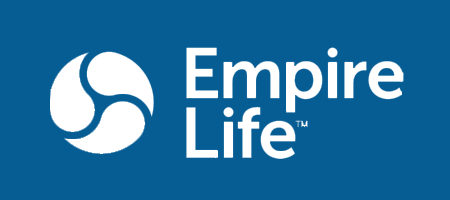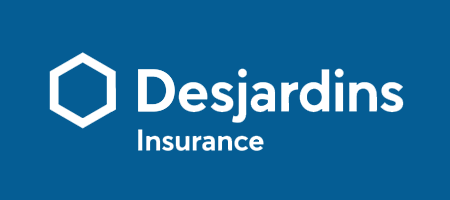Get Your FREE Life Insurance Quotes Today
What is a Company Pension Plan?
Employers who sponsor a pension plan provide another source of retirement income. If you work for such a company, then your retirement plan likely falls into one of the following categories:
Defined Benefit (DB) Plan
What is a defined benefit pension plan?
A defined benefit pension plan is a registered pension plan that guarantees the employee a certain income at retirement, based on a formula that usually takes into account earnings and years of service with the employer. The employer pays the amount required to provide the promised benefits, as recommended by an actuary who assesses the pension fund’s assets and liabilities. Some plans require that employees contribute a percentage of their earnings toward the cost of benefits.
Defined Contribution (DC) Plan
What is a defined contribution pension plan?
A defined contribution, or money purchase, pension plan is an a registered pension plan in which each employee holds an account where employee contributions, employer contribution made on behalf of the employee, and investment income accumulate without tax until retirement. Employer and employee contributions are usually based on a percentage of the employee’s earnings. At retirement, the balance of the account is used to purchase an annuity or transferred to a life income fund. The level of income provided during retirement depends on the performance of the investments held in the account. It involves setting up an account and making specific annual contributions based upon your earnings. Your retirement income will be comprised of these contributions and the interest earned.
Group RRSPs
Group RRSPs are an excellent way for companies to help their employees meet their retirement savings goals. Individual RRSPs are combined into one, and through payroll deductions employees can contribute to the group RRSP. Employers can also contribute on your behalf. In some cases, employers will match what the employee contributes to the plan up to a certain limit. Check with your own employer to determine if a group RRSP is available to you.
Deferred Profit Sharing Plans (DPSP)
Deferred Profit Sharing Plans (DPSP) allow employees to build retirement income from a company’s profits. The employer makes contributions to the plan. Like RRSPs, the contributions and earnings generated remain tax-sheltered. When an employee is ready to retire, taxes will be applied on the amount unless he or she transfers the funds to a RRSP or RRIF where it will continue to be tax-sheltered.




